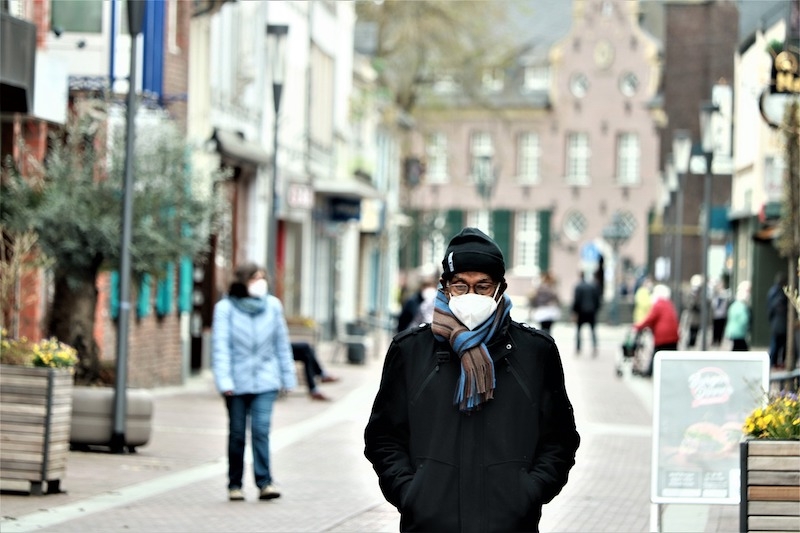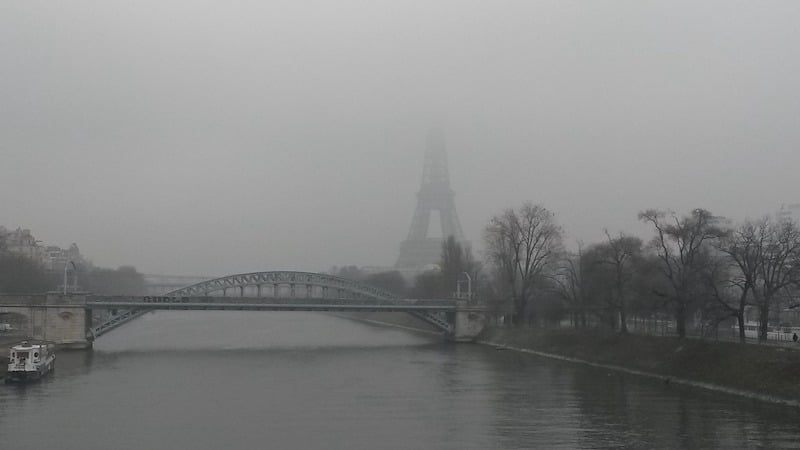Have you ever experienced travelling to a certain destination just to realise that people overhyped it? Things may not turn out the way you imagined them to, leading you to become quite disappointed. Well, it turns out that there are psychological consequences for this too, as exhibited by the Japanese when they experience the Paris Syndrome.
What is the Paris Syndrome?

Image credit: Caniceus
Think of the Paris Syndrome as a severe form of culture shock, except it’s mainly due to intense disappointment instead of the need to adjust. Experienced travellers have often said that Paris, France was not how they imagined it to be. “It’s not as bright and romantic as you may think,” some say. Meanwhile, others complain about the hundreds of pickpockets festering in the City of Love. As much as Paris is beautiful, historical, and magnificent in its own way, a huge city can’t have it all.
Just how bad are the symptoms of the Paris Syndrome, you ask? Well, they include hallucinations, derealisation, anxiety, dizziness, sweating, vomiting, and the list goes on. That’s how severe it can get if a person’s expectations of Paris soar too high. Sadly, that’s exactly the case for some Japanese tourists.
Why are Japanese tourists prone to the Paris Syndrome?

Image credit: silkabel
Apparently, France is a favourite destination of the Japanese. Perhaps it’s because the two countries have diametrically opposed cultures. France is extremely liberated compared to Japan’s traditional and conservative society. In Japanese culture and media, Paris is basically depicted to be the stuff of fairy tales. Hence, the iconic romantic city unfailingly piques the interest of Japanese tourists. Tokyo itself is filled with French patisseries and luxury fashion stores, while more than one million Japanese tourists visit Paris every year.
But once they get there, reality hits them. Parisian weather is almost as bad as England’s rainy reputation, there are strikes all the time, smoking is quite rampant, and professional pickpockets can smell naive tourists from miles away. In fact, the Paris Metro often reminds tourists to watch their belongings in different languages — including Japanese.
Although the Paris Syndrome is no longer an exclusive problem to the Japanese (as more Koreans, Singaporeans, and Chinese are reported to experience it) they are the most prone to it. The Japanese Embassy in Paris reportedly repatriates up to 20 tourists a year, sending them home with a medical professional at their side to supervise their recovery. The Embassy even has a 24-hour helpline for Japanese experiencing the syndrome. Concerning, right?
Also read: Hokkaido in Green Season Is One of the Best Views in Japan
This just goes to show that we should never have unreasonably high expectations for any destination, because our body might react in a way we’re not ready for. Have you experienced anything like the Paris Syndrome? If yes, in which foreign city? Let us know on our Facebook page!
Featured image credit: Mika Baumeister | Unsplash




